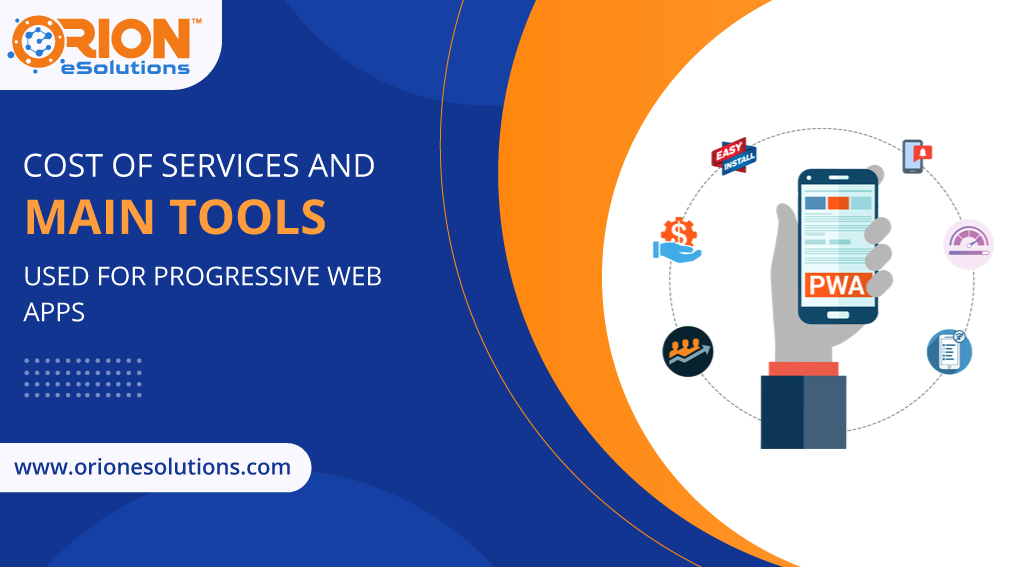Earlier, deployments used to be done manually which involved pushing software to a physical server somewhere in a building that a company owned. Today, things are drastically different with the introduction of DevOps automation tools. The world of software engineering has evolved significantly and we have a lot more options than before.
The integration of development and operations brings an entirely new and improved perspective to the field of software development. In case a web developer is new to the concept of DevOps or is looking to enhance the current processes then it can most definitely become a challenge to know which tool is the best.
For this reason, we have made a list that will help the DOT NET developers make informed decisions when it comes to DevOps automation. Given below are five DevOps tools all Dot Net developers must know about.
- THE ULTIMATE GUIDE TO HIRING THE BEST DOTNET DEVELOPER IN INDIA
- TOP 7 REASONS TO CHOOSE DOTNET FOR ENTERPRISE APPLICATION DEVELOPMENT
- DOTNET DEVELOPMENT COMPAANY
- WHY DOT NET FRAMEWORK IS A PREFERRED CHOICE OF WEB DEVELOPMENT COMPANIES?
- WHAT IS THE BEST WAY TO DEVELOP A WEB APPLICATION IN DOT NET?
- DOT NET vs JAVA: WHICH ONE IS THE BEST FOR WEB APPLICATION DEVELOPMENT?
TOOL 1: AZURE DEVOPS
Azure DevOps is the newest and completely integrated option that is supported and introduced by Microsoft offering Azure pipelines. This feature makes it one of the best DevOps automation tools. It comes with multiple team options to use and it also plugs in very nicely to the existing projects. The pipelines that have been introduced by Azure work very well with containerization such as Azure functions for serverless options, Kubernetes, quickly deployed Azure web apps and much more complex VMs. Azure DevOps is basically an all in one option that makes everything streamlined for the DOT NET developers. It allows one a free CI/CD target with the help of an Azure Repo or GitHub Repo along with pricing scales from there based on how many pipelines or user licenses that are needed.
TOOL 2: JENKINS
Another one in the list of the best DevOps automation tools for many software development teams is an open-source CI/CD server that assists in automating multiple stages of the delivery pipeline. The reason why Jenkins makes it to this list is because of the massive plugin ecosystem. It offers thousands of plugins that are easily integrated with almost all types of DevOps tools, right from Docker to Puppet. With the help of Jenkins, one can easily set up and customize a CI/CD pipeline based on the needs. At the time of working on a project with multiple moving pieces in different kinds of ecosystems, Jenkins is an easily understandable tool to tie everything together. It integrates easily with everything, right from hosts like Azure and AWS to repositories such as the Bitbucket and GitHub.
TOOL 3: OCTOPUS DEPLOY
One of the finest tools for the DevOps service providers, this one works in conjunction with the server, deployment, and promoting the releases between environments. This one is a product that counts as the best DevOps automation tools for many reasons in the deployment and the continuous integration cycle. It consists of plugins for TeamCity Jenkins, TFS, and the Azure DevOps.It comes with the benefit of SQL database versioning automation. Since code is not just the only thing that needs automation and developers also need to stay updated with the database of a project, this feature allows comparing data and script differences with the tools below.
TOOL 4: REDGATE SQL TOOLBELT
Falling in the list of the best DevOps automation tools, Redgate has managed to help the DOT NET developers with many difficult data scenarios that come up while handling the software projects. Redgate has the ability to reduce the SQL database troubleshooting significantly down to a number of hours as compared to days with the suite of projects. It helps to get back on track with the code with the assistance of database automation and analysis. The products of Redgate work incredibly with PowerShell along with having an add-on extension for Visual Studio and VS Code.
TOOL 5: SONAR SOURCE
It can get pretty difficult to decide the legitimacy of things while you are working on a team project. Sonar Source is a DevOps automation tool that is developed to help in setting up rules for what the team code should look like. Sonar Cube has an ability to run on a self-hosted server so that it qualifies for the code analysis while providing a score of risks for the existing repository. The most likely next step is to gate a developer’s ability to merge the pull request in case it doesn’t meet the code rules that were set up initially. Sonar Lint can be used to run against MSBuild in the Visual Studio instance in combination with the CI/CD pipeline and cloud-hosted SonarCloud can be used as a trigger for the code quality before compilation.
CONCLUSION
Refer to the aforementioned tools that are used by the DOT NET developers to manage the ever-growing requirements of shipping code at a more precise and quicker rate.









